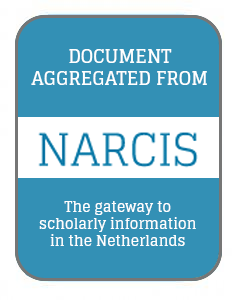Resource information
This thesis is an enquiry into the persistent problem of water scarcity in the paddy growing regions in the southeastern part of Palakkad district, in the state of Kerala, in South India. It views the problem of scarcity as an outcome of the existing unsustainable and inequitable mode of water resources management and distribution. It therefore places the problem of scarcity in the particular irrigation and agricultural context of Kerala. Following the introductory chapter and the discussion on the conceptual framework, the first part of the thesis (Chapters 3-4) deals with the underlying approach towards the management of water resources, with a focus on the sustainability dimension. It provides a critique of the irrigation and agricultural policies implemented by the state of Kerala since the 1960s, for their neglect of local specificities. It also analyses the impact of single crop (paddy) focussed irrigation and agricultural policies on the micro-level land and water use practices in the study area. It also discusses the impact of supply oriented, large-scale canal projects and inter-basin transfers of water on the management of local water sources, primarily the tanks of the area. Finally, it analyses the extent to which the existing policy emphasis on local level water resource management and planning, as a part of the decentralisation agenda of the state, has ensured sustainable water management. The second part of the thesis (Chapters 5-7) is focussed on the distribution issue. The issue of equitable distribution of water has been located within the property rights framework. Rights to land explain the present distribution of access to water. The thesis has illustrated how the implementation of land reforms in the state (hailed as one of the most radical land reform initiatives in India), by neglecting the issue of water rights, resulted in an inequitable distribution of access to water. It also discusses how the increasing private control over water eats into public and common rights, giving rise to conflicts and contestations. Finally, the thesis critiques the existing formulation of property rights over land and water, for their neglect of issues related to ecological sustainability. While discussing the creation of public and private rights over a fluid and common pool resource such as water, it argues that issues of ecological sustainability should be central to the framing of property rights over both land and water. In conclusion, this thesis illustrates that the recurring problem of water scarcity necessitates a thorough re consideration of existing irrigation and agricultural policies that influence the management of water resources. It also argues for a re consideration of the existing property rights formulations that determine access to a scarce and critical resource.


